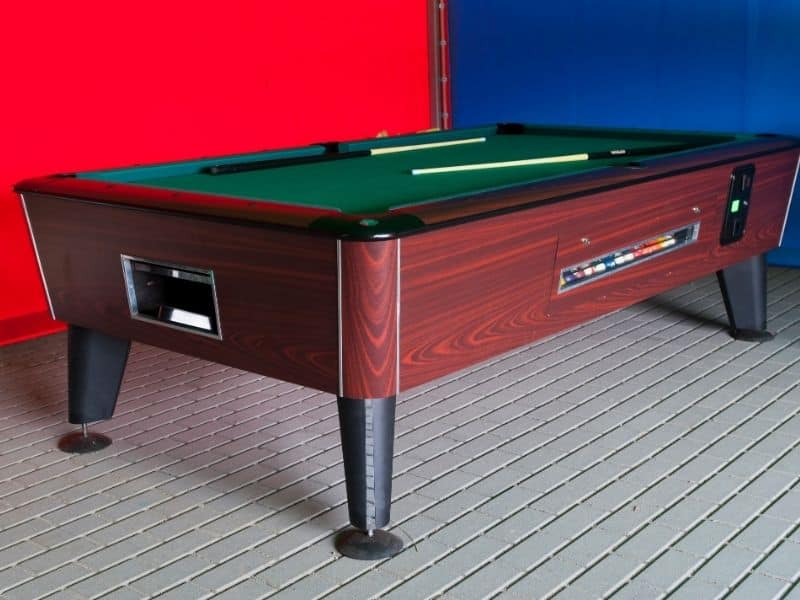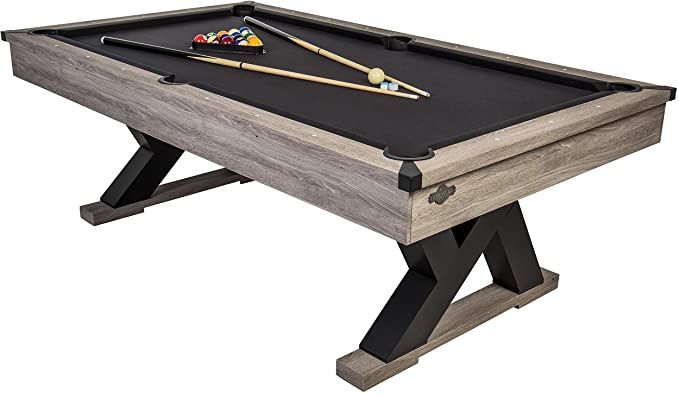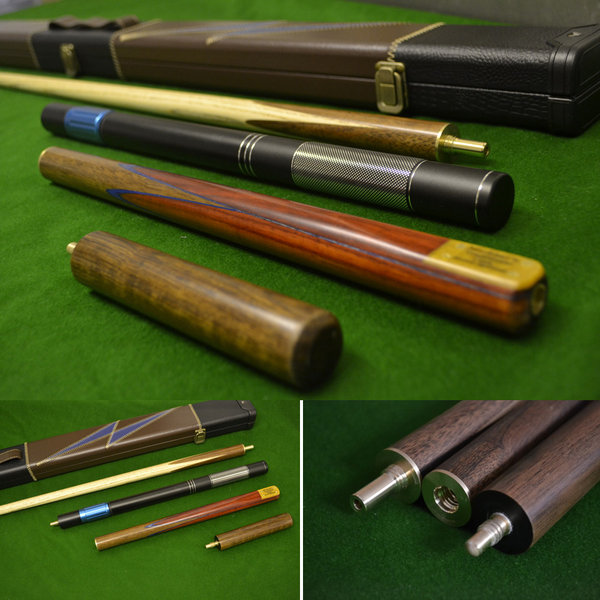
In billiard games, pool balls are used. Although they can be made from many different materials, most pool balls are made from phenolic resin. Phenolic is a mixture between formaldehyde, phenol. These two compounds can be trusted for their strength and resistance to scratches. The mixture can withstand high temperatures. The resin will turn yellow and fade if exposed to the sun.
The first type of pool balls were made of wood. These balls were durable, but became cracked with age. Leo Baekeland a chemist invented a new, non-flammable plastic compound in the 19th Century. This material was known as bakelite, and soon replaced wood in making pool balls.
It was expensive to create pool balls. The ball development process took a long time. You could also cut a ball in half if you wanted to know what inside. Ultimately, the balls had to be molded under high pressures.

After the first version of bakelite was developed, other inventors began experimenting with chemical substances to make pool balls. These innovations were some of the most important in the history of synthetic plastics.
Although phenolic rubber is a good choice for pool ball balls, its cost is higher than its counterpart in polyester. If you are not interested in spending a lot of money on pool balls, the polyester alternative is probably the right choice for you. The polyester alternative will not keep its color as long as phenolic.
The manufacturing of a phenolic rubber ball takes about 23 days. Every step of the manufacturing process is thoroughly checked to make sure that it is free from impurities. Additionally, phenolic resin balls can be stored in lower temperature spaces than polyester balls. These balls are more durable and can last longer than polyester balls.
Aramith is one of the largest manufacturers of phenolic resin pool balls. The phenolic resin pool balls from Aramith are extremely durable and can hold their shine for as long as 40 years. They are also cheaper than polyester balls. Aramith Premier has superior resin technology, and should be considered by those who wish to upgrade to a better set of balls.

Iszy is another poolball manufacturer, using a mix of phenolic and polymer resins. These pool balls are less expensive than phenolic, but they don't last as long. Polyester balls are more prone to burn spots and fading. However, they are still a great option for beginners.
One more manufacturer is Predator Arcos, which uses a proprietary chemical compound to create a number of phenolic resin balls. These balls are also more dense because they have been through-hardened. You can also choose the Iszy marble swirl set if you want to spend less.
Many companies attempt to reproduce the ivory billiard balls experience. The ivory material is no more available. Modern pool balls are made with a mix of formaldehyde phenolic resin. Currently, 85% of the pool balls in the market are phenolic.